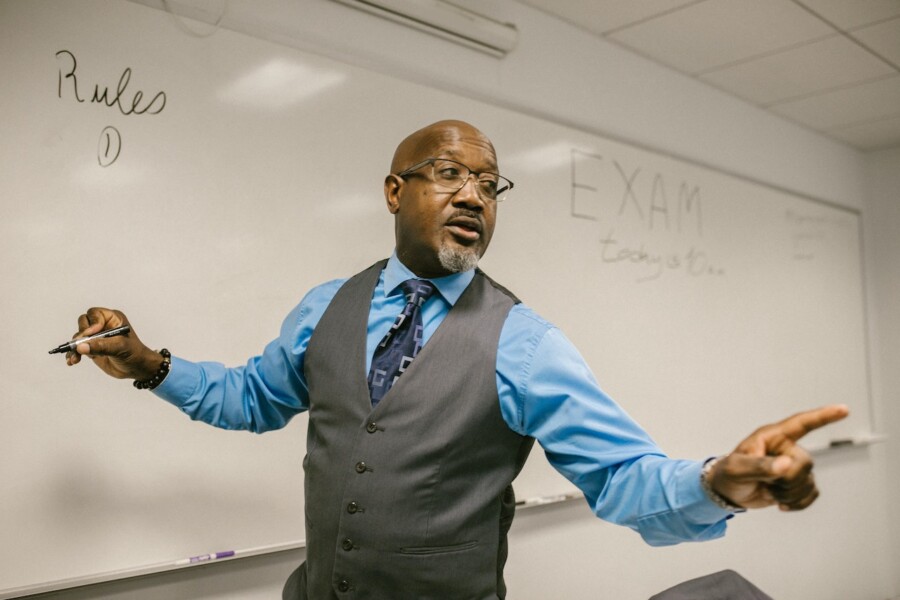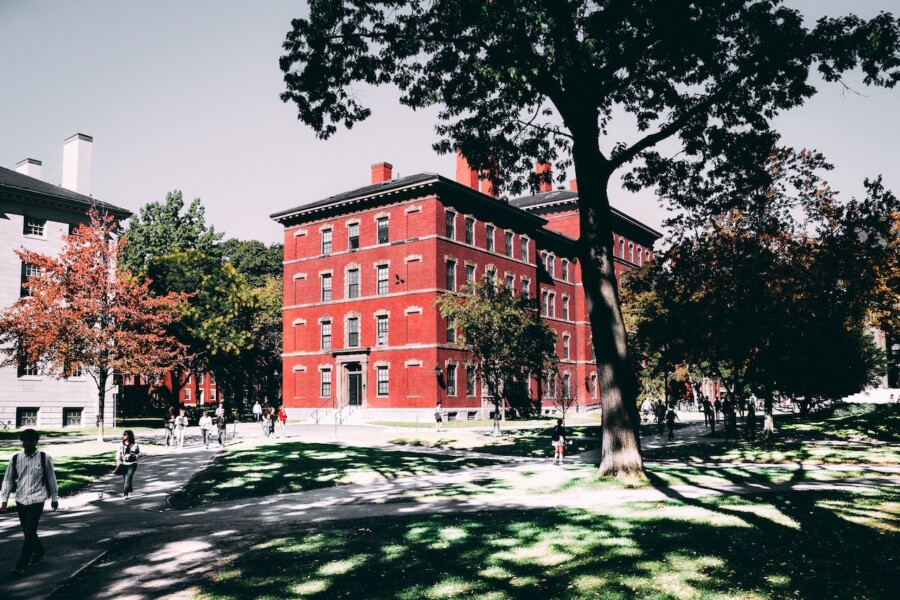College Admissions Tips and Guidance
Five Tips For College Visits

Explore Our Articles
Recent Posts
Popular Categories
Get In Touch
On Social
By Phone or Text
(617) 734-3700
By Mail or Email
1678 Beacon Street
Brookline, MA 02445
By Form
Educational Advocates
Our objective is to guide the family in finding options where the student will not only get admitted, but thrive and find success once on campus.
Five Tips For College Visits

Try to visit when classes are in session to get a feel for what the campus is really like.
Students should plan to college visits to at least some of the schools they are considering. In fact, campus visits can be the most important factor in helping prospective students assess whether a college’s location, academic offerings, atmosphere, and community are a good fit.
- Visit at the Right Time.
So you have an upcoming break from school—that’s an obvious time for a college visit, right? Not so fast. If you have a long holiday weekend, or a school vacation, the college you plan to visit might also be on break. So check to see if the colleges will be in session then. Visiting a college when it is in session will give you a far better sense of the school’s community and “culture” than visiting an empty campus. You want to aim to visit a college on a “typical” day, so that you get a more realistic idea of what it would be like to be a student there. If the only time you can visit colleges is during the summer, keep in mind that some campuses might be empty except for staff and other prospective students. You will get to see the physical layout of the campus, but it will be harder to get a feel for the student body and student life. Many colleges host open houses for prospective students. Such “Visit Days” usually include some type of program introducing visitors to the college. Since there could be hundreds of visitors on those days, you may get more of a sense of the other prospective students than of the students attending the college you are visiting.
- Plan Ahead.
Once you’ve determined a good time to visit a college, do some research about the college’s visit program. What do they offer for visiting high school juniors, or for seniors trying to decide where to apply? Many will have information sessions, often led by an admissions officer; most will have tours of the campus, typically led by a current student who is skilled at walking backward. Some colleges also offer a chance to have coffee or lunch with a current student, an excellent way to get a real view of the student experience. See if the college offers interviews for seniors. If you plan to interview during your visit, be sure that you are prepared to talk about your interests and experiences, as well as why you are interested in that particular college.

Visiting a campus can truly help you decide which school is the right fit for you.
- Go Behind the Scenes.
What you really want to do is get a sense of whether a college offers the kind of academic opportunities and community that you are seeking. The tour and information session are just the starting points. Go out and explore—order a Chai tea in the coffeehouse, get a copy of the student newspaper to see what the buzz is on campus, and ask if you can see the music facilities or the chemistry labs. Read the notices on the bulletin boards—what kinds of concerts, lectures, sporting and club events are advertised? If you have a strong academic interest, you can consider the option of meeting with a faculty member in that department. This would need to be arranged prior to your visit and you’ll want to make sure that you have something to talk about with the professor. Check with the Admissions Office to see if you can sit in on a class (this is typically detailed on the website and may not be an option) or eat in a dining hall (some will provide free or reduced-cost passes)—the homemade chocolate chip cookies may seal the deal.
- Use Your Imagination.
Try to picture yourself hanging out in a courtyard, participating in a small class discussion, and rooming with someone like the student who led your tour. Remember that if you are looking at a residential college, it is a place where you will be learning and living for four years. You will likely find that students currently attending the college are your best resources. Ask them about their experiences—what they like and don’t like, what they feel the “climate” is like on campus, and if the classroom experience is what they hoped. You may be able to tell right away if a school feels too big, too small, too isolated, or too impersonal. Pay attention to your instincts.
- Take Notes and Evaluate.
The more college visits you go on, the more you will be able to identify the factors most important to you. Jot down notes after each visit about anything that stood out—whether the students appeared happy, the professors seemed accessible, the campus seemed conducive to learning and reflection. You have plenty of time to narrow down your college list, but when you do so, you will be making informed decisions.
By Margaret Nilsson
Valuable Resources:









